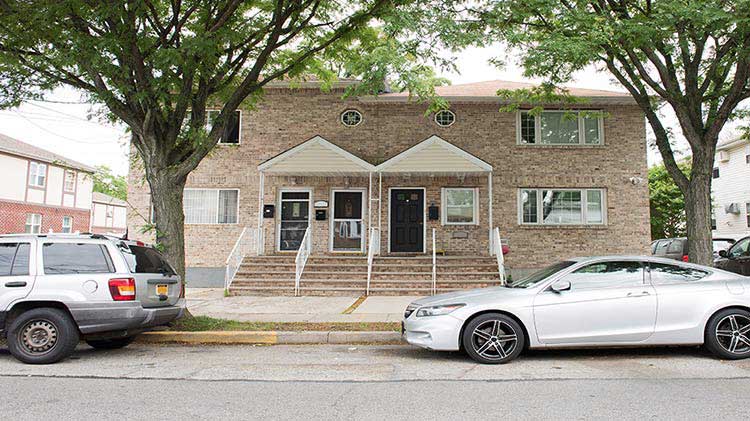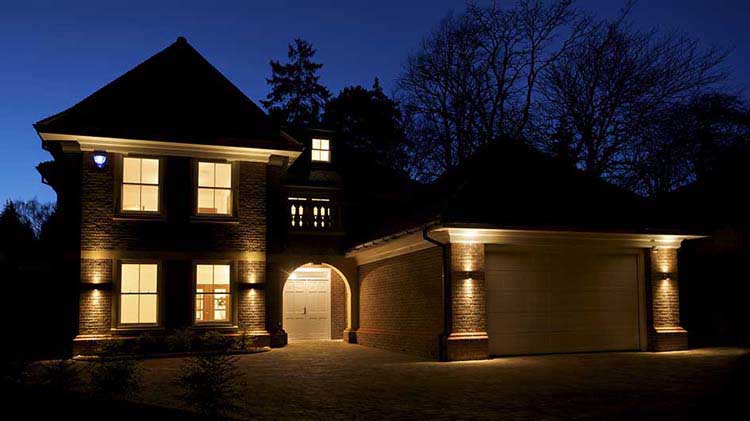Condo insurance basics
Condo insurance coverage works in tandem with the condo association’s master policy. Learn how they work together to help protect you and your stuff.
Your condo is more than a roof over your head: It's your home. So it's helpful to understand condo unitowner insurance basics and coverage options for your unit.
Is condo insurance required?
Many mortgage lenders require proof of condo insurance coverage before they approve a purchase. If you're in the market for a condo unit, contact an insurance agent to get the process started.
How is condo unitowner insurance price determined?
Your condo unitowner policy's price, or premiums, depends on the amount of coverage, the deductible (the cost the policyholder must pay before insurance payments begin) and any applicable discounts and charges. Generally, less coverage and a high deductible mean lower premiums — and more coverage and a low deductible mean higher premiums. A knowledgeable insurance agent can help you choose the right balance for your home and family.
How does a condo master policy work with a unitowner policy?
Get a unitowners insurance quote
Want to protect your condo?
What does a condo association master insurance policy cover?
Generally, a condo association insures the building and common areas under a single policy, called the master policy. There can be a range of coverages under a master policy but it typically provides one of three kinds of coverage:
- The basic building (walls, roof, floors, elevators), but not unit items (such as appliances, carpeting, cabinets, wall coverings), and in some cases not interior walls.
- The basic building and unit items, but not unit additions, alterations or improvements made by you at your expense.
- The basic building and unit items, including additions, alterations and improvements.
When a master policy is in place, you’ll be included as a policyholder on that policy and a portion of the condo fees you pay will help fund that policy’s premiums.
Condo insurance coverage
Since the master policy only covers certain areas of the condo, you'll want to consider purchasing an individual condo insurance policy to cover the items and changes in your unit not covered by the association master policy. That may include your personal property, personal liability and assessments made against all members of the association. You may also want to consider coverage for damage to your unit not compensated because of the master policy deductible.
Keep in mind that unitowner insurance responsibilities can vary widely. For example, some associations may have no master policy, which shifts the responsibility for insuring the structure to the unitowners. Review your building's insurance documents and bylaws with a qualified agent early in the purchasing process so that you can comply with all requirements and purchase adequate coverage for your home.
Other unit policy coverages in condo insurance
A typical condo unitowner policy offers coverage options for several other common items and situations:
- Personal property: In many cases, condo unitowners are responsible for insuring their possessions against theft, damage or loss. Personal property coverage insures your clothes, furniture, electronic equipment and other household items for their replacement value or their actual cash value (original price minus depreciation). Your property is usually covered whether it's in the unit or you have it with you when you are away from home.
- Loss of use: This coverage applies if you temporarily have to live elsewhere because your condo was made uninhabitable by a fire or other covered peril. The policy will reimburse you for the portion of hotel bills, meals, laundry and other living expenses that exceed what you would pay if you were living in your home.
- Personal liability coverage: Liability coverage may protect you if others make a claim or bring suit against you for physical injuries, bodily injury or property damage for which you are responsible. It also provides protection if you or a family member cause damage to others' property. Some policies will pay for defense and court costs, in addition to settlement costs. Review your policy to determine how the coverage applies and the exclusions contained within the policy.




